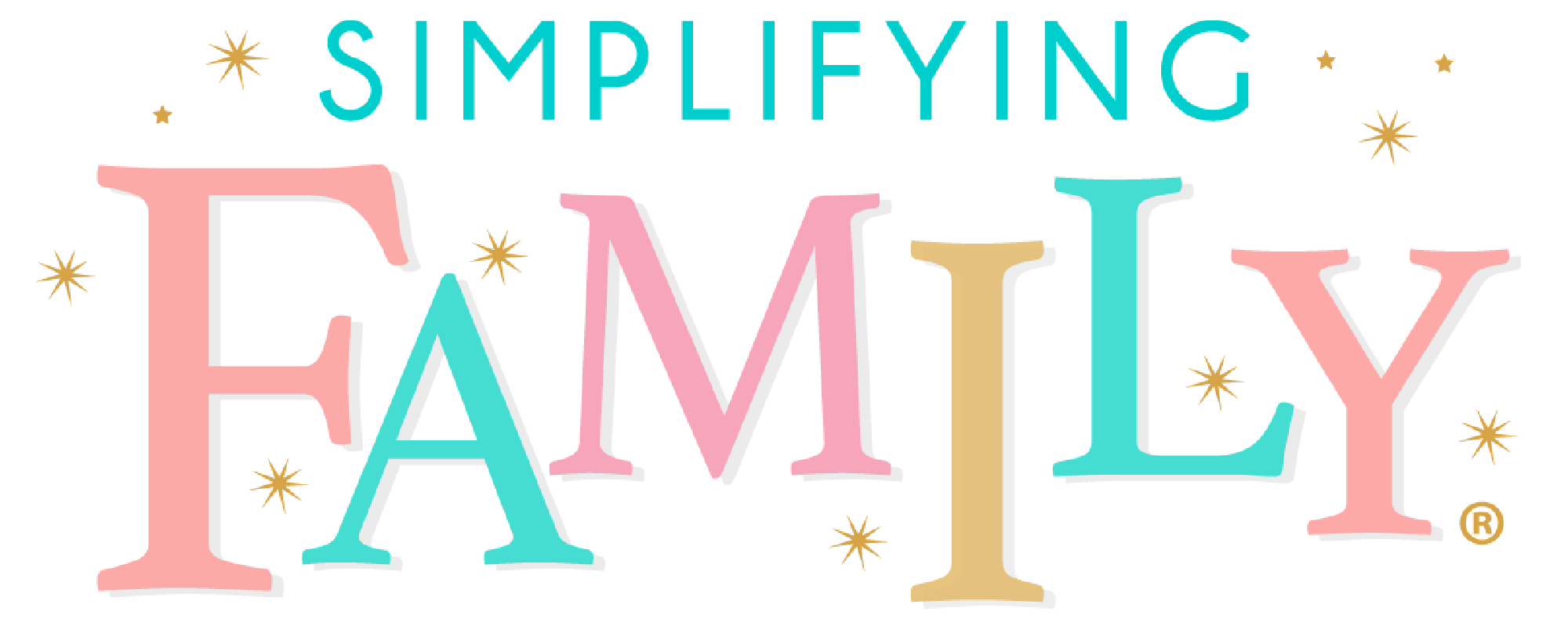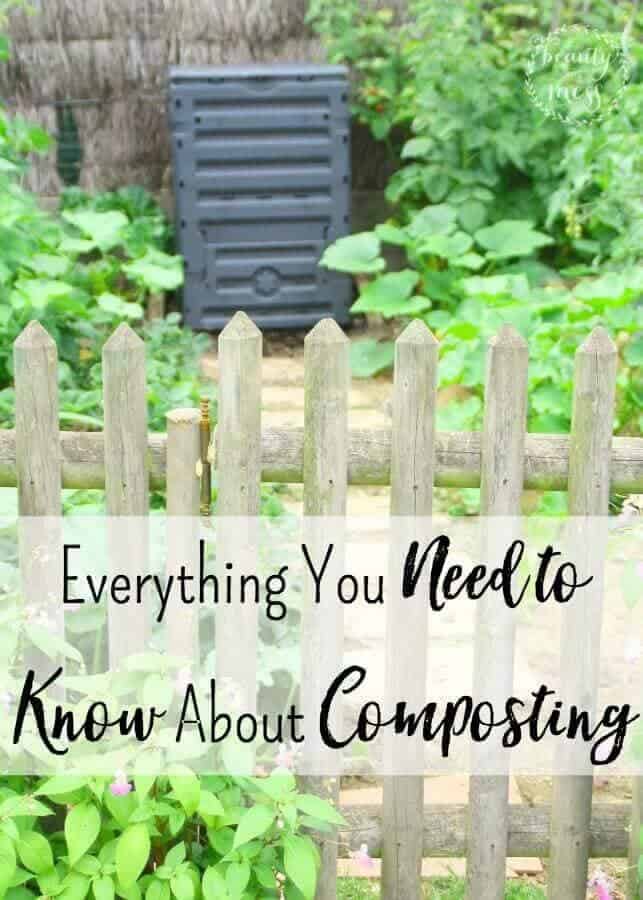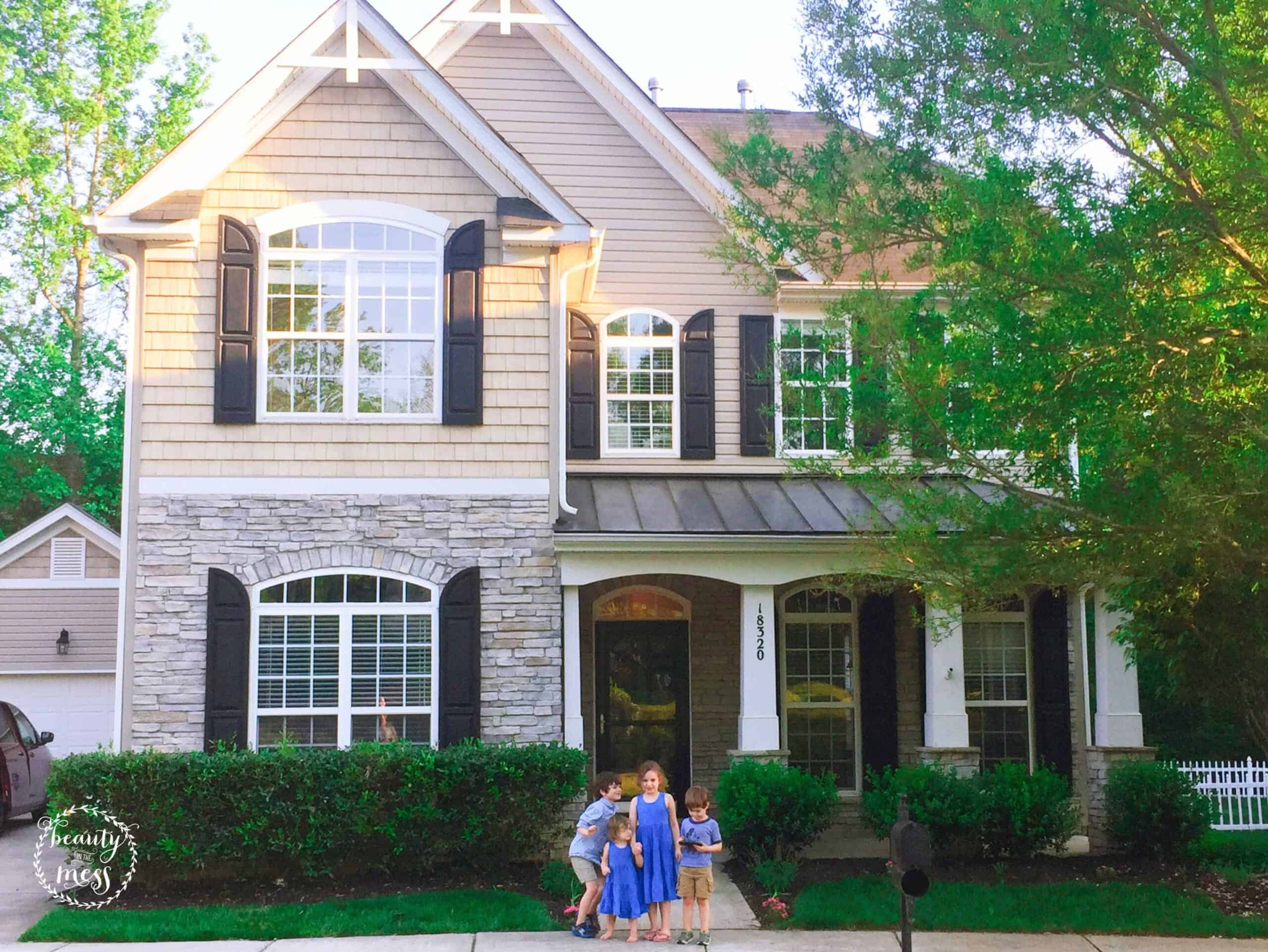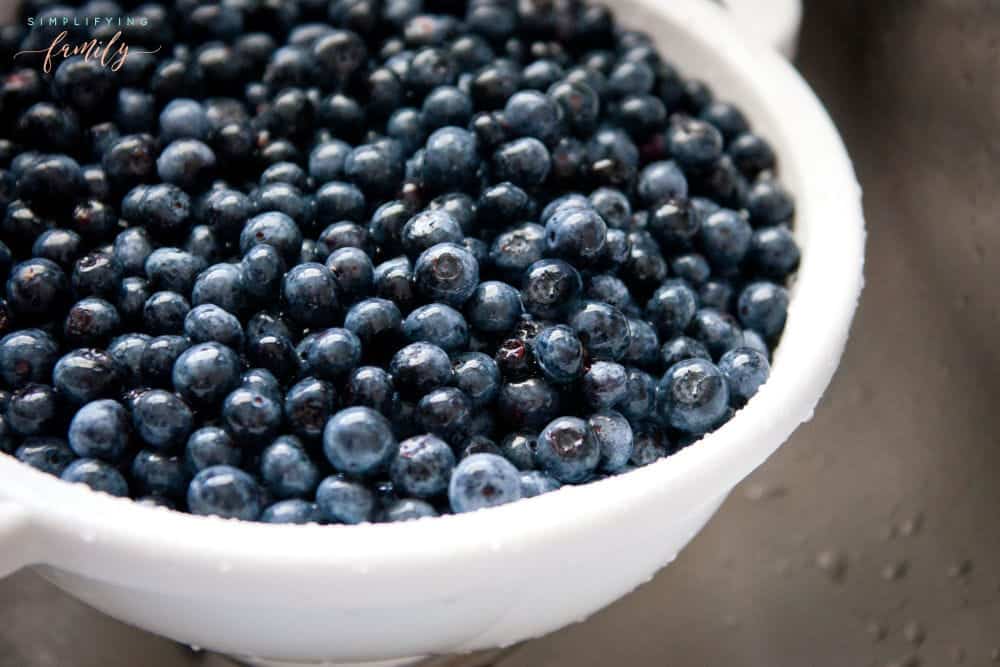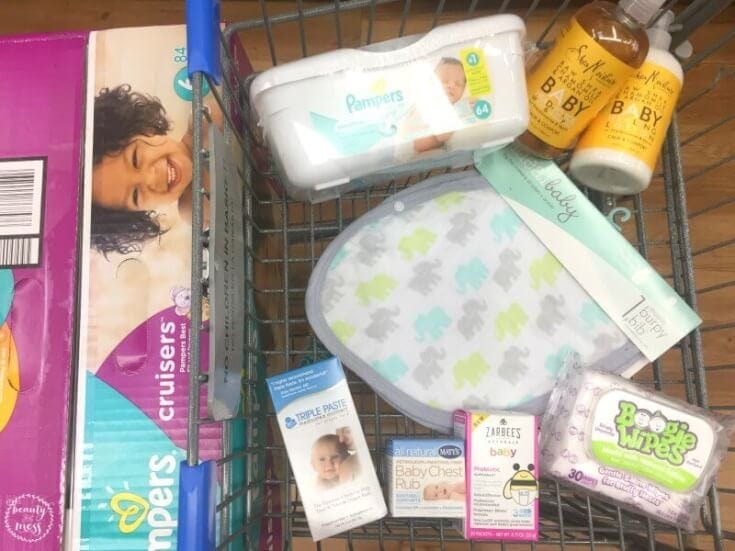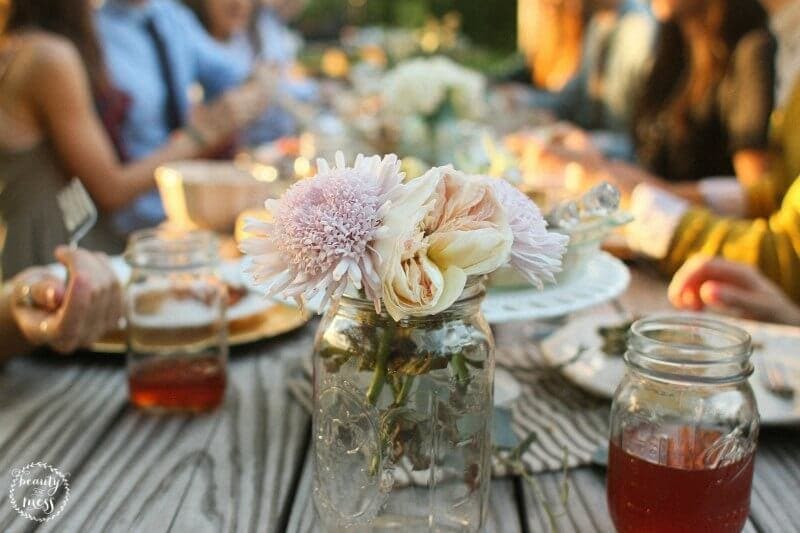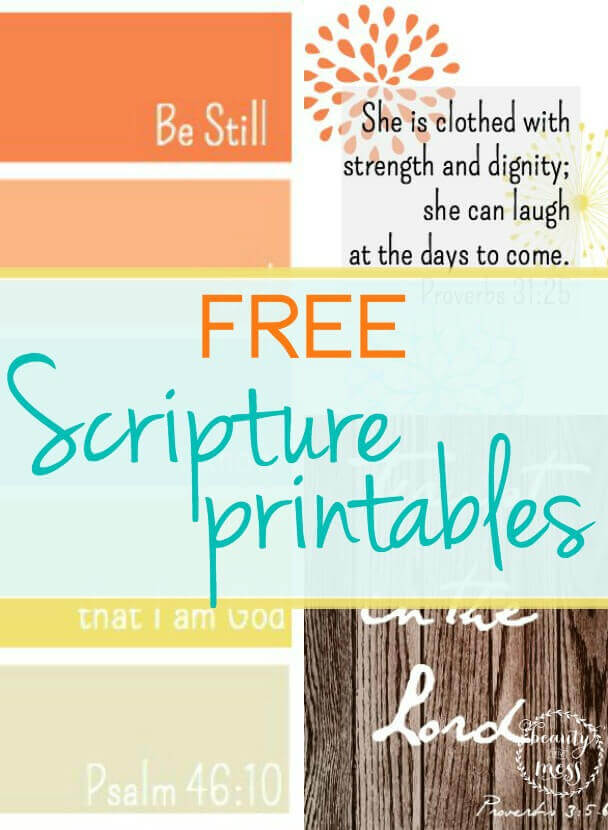Everything You Need to Know to Start a Compost Pile
Have you ever wanted to start your own compost pile but weren’t sure where to start? It’s easier than you think with the right tools! You can start with what you probably threw away already today.
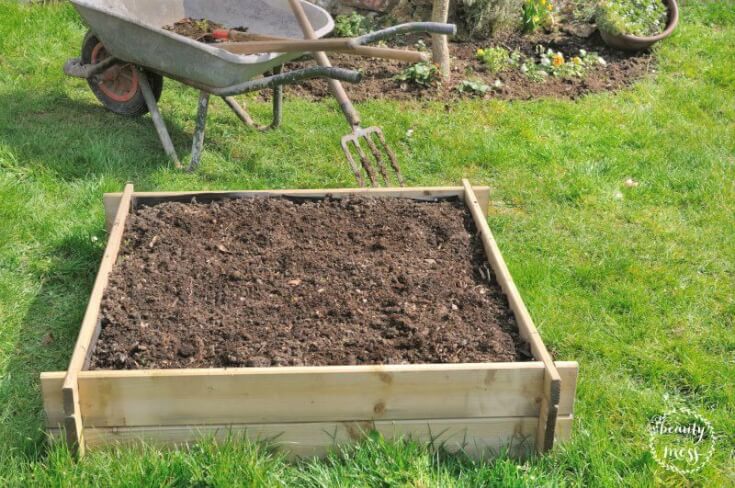
What is Composting?
I like to think of composting as nature’s way of recycling. It’s easy to set aside empty plastic containers, glass jars, and newspaper to put in the recycling container. Why not set aside food scraps and other items that can be composted too? Compost is decomposed organic materials that turns into rich brown soil. Perfect for your garden and landscape.
Creating a successful compost pile is accomplished easily with the ratio of 3 parts brown matter and 1 part green matter. What does that even mean?
Your compost bin will need carbon-rich “brown” materials as well as nitrogen-rich “green” materials. It will also need air to help in the decomposition process.
What Can I Compost?
You can compost almost everything but animal products. At the beginning you may need to refer to this list frequently, but soon it will become second nature. Your garden will thank you!
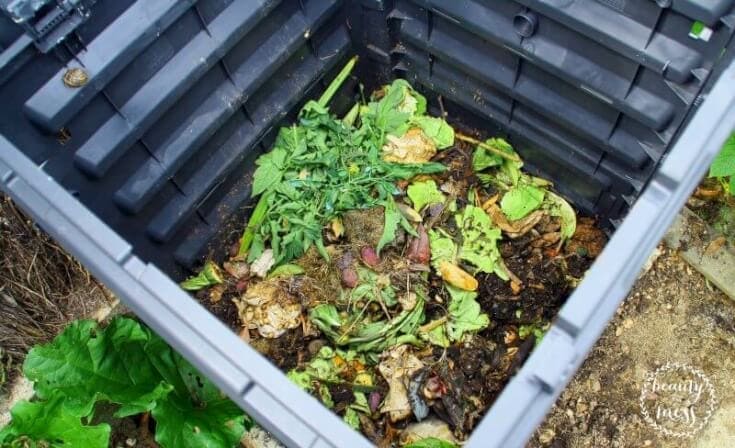
You can compost:
- fruit and vegetable scraps (green)
- wine corks (brown)
- tea bags and loose tea (green)
- egg shells (green)
- shredded newspaper (brown)
- paper towels (brown)
- stale crackers (green)
- dry cereal (green)
- coffee grounds (green)
- coffee filters (brown)
- dryer lint (brown)
- hay and straw (brown)
- grass clippings, not chemically treated (green)
- ashes from your fireplace (brown)
- nut shells (brown)
- toilet paper rolls (brown)
- paper towel rolls (brown)
- plant trimmings and leaves (green)
- dust bunnies (brown)
- sawdust (brown)
- dry leaves (brown)
- pine needles (brown)
- Manure and other organic fertilizers (Please do not use animals waste from your pets unless you live on a farm and your pet is a cow or a horse) (green)
What Do I Need to Get Started?
The tools you can have may depend on your HOA, so maybe sure you double check your HOA covenant before you make your purchases.
Creating your own outdoor compost pile can be as easy as blocking off a section of your yard with cement blocks or purchasing a compost bin. We opted to purchase a compost bin, the following links are affiliate links, that was easy to turn and more attractive so it wouldn’t draw that much attention from the neighbors.
Turning your compost bin frequently helps the matter decompose quickly, creating your compost sooner. If you are diligent about adding scraps and turning frequently, it’s possible to have compost to use in your garden in as little as two weeks!
While not completely necessary, compost starter will help your scraps become compost sooner and add needed nutrients. In the past, I’ve added leaves, scraps, and grass clippings to our compost bin and nothing happened. The compost starter will help start the process for you with little effort on your part.
For us, it all starts in the kitchen. We have an on-the-counter composter with liners that are easily removed when full. One of out household chores is to take the contents of the counter composter and take it outside to the big compost bin. Surprisingly enough, it doesn’t stink! Some have charcoal filters to help with the smell. Others have lots of holes to allow air circulation. I keep it in the corner near where I cut fruits and vegetables to it’s easily accessible.
Composting with Worms
Did you know you can compost with worms? The worms do all the work and you get great compost! If your ratio is more green than brown, then vermicomposting, or composting with worms, is where you want to start. The book How to Start a Worm Bin will tell you everything you need to know to get started with worm composting.
You will need a composting bin for your worm farm.
Don’t forget the worms! While you can dig and find the worms yourself, this is easier and you’ll get results faster.
Still not sure how to get started? Check out these resources to answer all your composting questions. Let it Rot is a gardeners guide to composting. The Rodale Book of Composting includes easy to follow directions on how to get started, perfect for the home gardener. In The Complete Compost Gardening Guide Barbara Pleasant and Deborah Martin explain their six-way compost gardening system.
If all this sounds like too much work, it’s still possible for you to get your own nutrient-rich compost with the click of a mouse. Charlie’s Compost and this earthworm castings organic fertilizer is available to be shipped to your door. It can’t get any easier than that!
